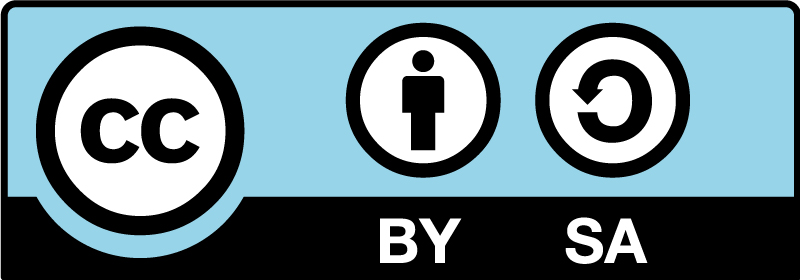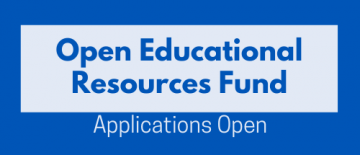Open Education
Open education addresses barriers to learning by engaging in open education practices in the classroom and through the development and use of open educational resources.
Open practice engages students in collaborative knowledge creation that are then openly shared through networked technologies. Open education resources are teaching and learning resources made freely available through the public domain or open copyright licenses.
Benefits
- Course resource costs should not be a barrier to education. The average student at UBC spends $884 on textbooks and other course materials according to the 2020 Academic Experience Survey (AES). According to the survey, 44% of current students generally are worried about how they’ll pay for textbooks and class materials while 29% of undergraduate students frequently or often went without a textbook due to cost. Using OER solves the access barrier by providing materials freely online and affordable in print resources that can be saved forever.
- Resources that are openly licensed for reuse, revising and remixing for your specific needs. Open educational resources (OER) offers flexibly licensed content to support building tailored resources that can be altered as events and information change. Instructors can incorporate new relevant content and/or modify content for the specific needs of their students and the course.
- Improve teaching and learning through the co-creation of open resources. Creating open resources with your students builds technical and digital literacy skills including writing and publishing for digital formats. Sharing online provides the opportunity for students to engage in open communities connecting learners with authentic audiences and can increase learner motivation.
How can I engage in open education?
There are many ways to engage in open educational practices and it will depend on your goals. The following are a few ways to being engaging in open education:
|
UBC Library Can Help
UBC Library provides in-depth services for open educational resource development, including identifying resources, consulting on open licensure, support using publishing platforms (e.g. Pressbooks, Open Journal Systems) and sharing open educational resources in repositories. Contact us for a consultation.
UBC Library also works closely with UBC’s Centre for Teaching, Learning and Technology in supporting open pedagogy in courses where learners become contributors to knowledge by actively creating open, public and re-usable resources for public audiences.

With the exception of the images, the content on this website is licensed under a Creative Commons Attribution-ShareAlike 4.0 International License.


